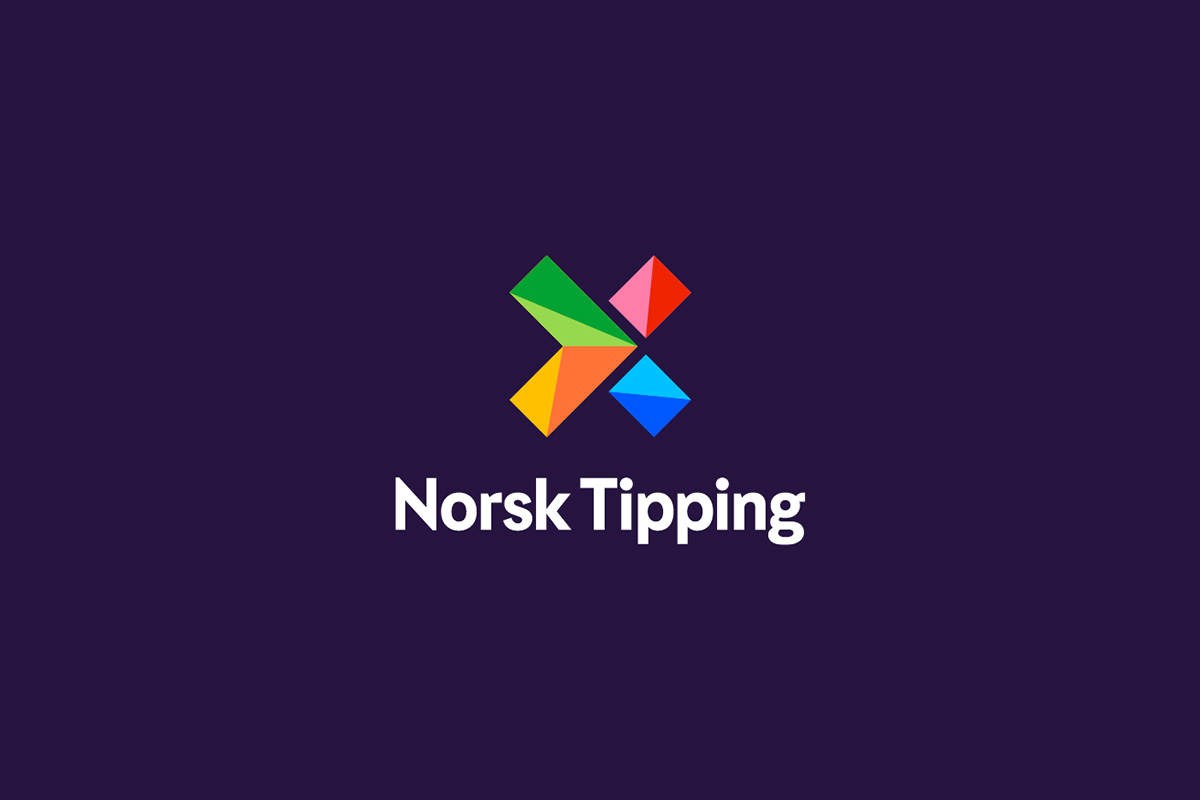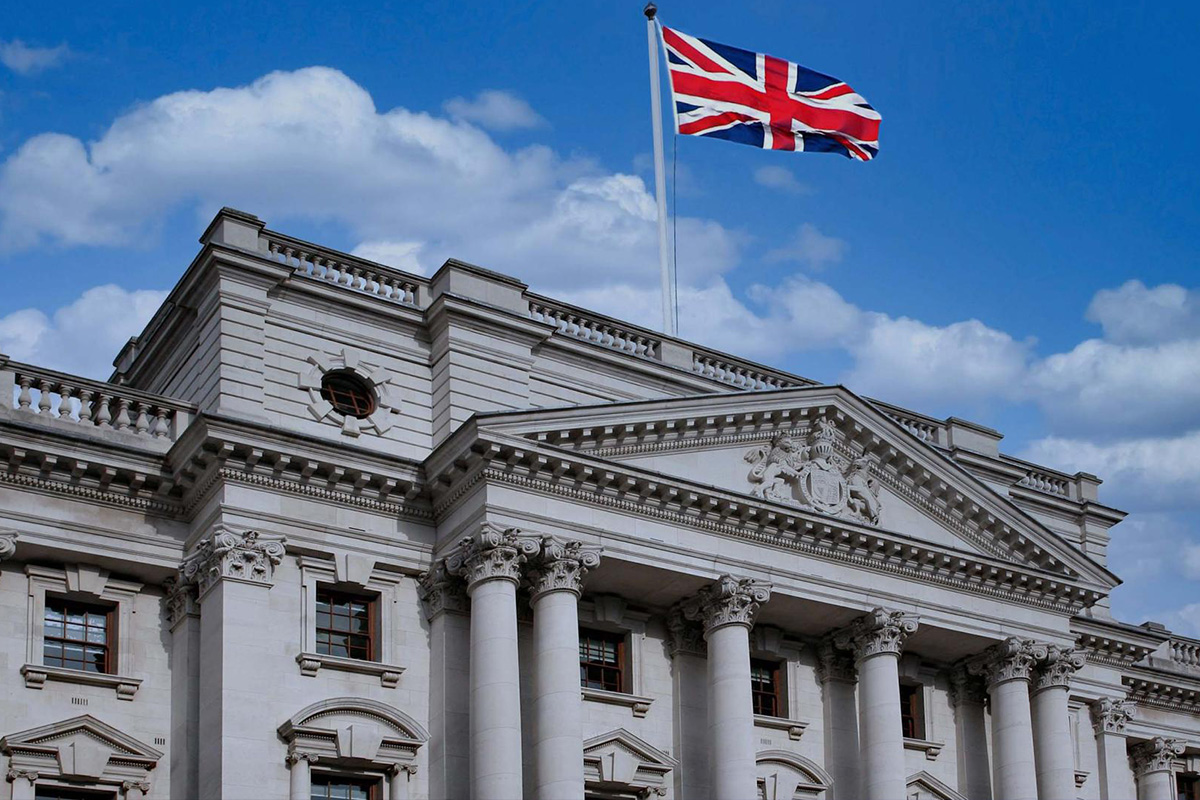Compliance Updates
Norwegian Court Rules Norsk Tipping’s Gaming Monopoly Does Not Breach EEA Law

The Borgarting Court of Appeal in Oslo has confirmed that the exclusive gambling rights model held by Norsk Tipping in Norway is not in contravention of the EEA Agreement.
Currently, in Norway, only Norsk Tipping may offer most forms of gambling, while Norsk Rikstoto holds a monopoly to offer horse racing.
The case was brought to the Oslo District Court and Borgarting Court of Appeal from 2018, by lottery operator Norsk Lotteri AS after it applied for a gambling licence in the jurisdiction. It said Norsk Tipping’s monopoly was in contravention of the EEA Agreement.
According to the European Free Trade Association – the intergovernmental organisation of Iceland, Liechtenstein, Norway and Switzerland – the EEA Agreement guarantees equal rights and obligations within the Internal Market for individuals and businesses in the EEA (European Economic Area).
It provides for the inclusion of EU legislation covering the four freedoms; the free movement of goods, services, persons and capital throughout the 30 EEA States.
The Borgarting Court of Appeal has now ruled that Norsk Tipping’s monopoly on gambling may be maintained, as it is not in contravention of Article 31 of the EEA Agreement.
This article states that there “shall be no restrictions on the freedom of establishment of nationals of an EC member state or an EFTA state in the territory of any other of these states” and that this includes “the setting up of agencies, branches or subsidiaries”.
The Court concluded that the exclusive rights model was suitable for channelling players to a more responsible gaming offer, and therefore contributes to reducing the extent of gambling problems.
Powered by WPeMatico
Compliance Updates
The legal view: DCMS ban on unlicensed sponsorships

Legal commentary from Richard Bradley, partner at licensing law firm Poppleston Allen, on the most recent news from Lisa Nandy & co.
While the news that the DCMS is launching a consultation this spring on unlicensed operators’ sponsorship of sport teams in the UK may initially seem possible to have a negative impact on advertising revenue for clubs, it actually may provide fuller opportunity for British licensees to step in as sponsors.
The unlicensed sector is not necessarily illegal – if customers in the UK cannot access those websites – however, there are easy bypasses such as a VPN to do so, which takes revenue away from British operators.
Another benefit of the proposed ban is that it provides assurance for customers in the UK that marketing of gambling products via sponsorship is only for those appropriately licensed operators who are subject to the UK’s stringent regulatory standards.
This is also about customer protection as if legal advertising is only of British licensed products, there will be operational safeguards for players in GB, such as social responsibility controls and contractual protections. With the unlicensed sector, there is no guarantee of these sorts of vital player protections.
Finally, the proposed ban also provides tacit support for the licensed gambling industry in the UK and could assist in countering the black market.
The post The legal view: DCMS ban on unlicensed sponsorships appeared first on Eastern European Gaming | Global iGaming & Tech Intelligence Hub.
Compliance Updates
UK Government to Ban Unlicensed Gambling Firms from Sponsoring British Sports

The UK Government is consulting on a proposed ban that would prevent unlicensed gambling companies from sponsoring UK sports teams, a move designed to protect consumers from unregulated operators.
The ministers are deeply concerned about the dangers posed by the unlicensed gambling market, which has been linked to organised crime. Unlicensed operators do not adhere to laws and guidelines designed to protect customers, including mandatory financial vulnerability checks, responsible advertising and fair terms. They often lack data protections, leaving customers vulnerable to fraud and identity theft.
The government’s new consultation on sports sponsorship, to be launched this Spring, will mitigate the risks associated with the illegal market, and help eliminate unfair competition for properly regulated firms.
Culture Secretary Lisa Nandy said: “When placing a bet on the big match, fans deserve to know the sites they’re using are properly regulated, with the right protections in place.
“It’s not right that unlicensed gambling operators can sponsor some of our biggest football clubs, raising their profile and potentially drawing fans towards sites that don’t meet our regulatory standards.”
The new measures would mean gambling companies without a UK licence would be restricted from entering into any sponsorship arrangements with sports clubs, including in the Premier League, where a number of clubs currently carry sponsorship from operators not licensed in Great Britain.
Gambling Minister Baroness Twycross said: “We know the real harm that unregulated gambling can cause, exploiting vulnerable people and leaving consumers without the protections they deserve.
“This consultation, alongside the work of our Illegal Gambling Taskforce, shows how seriously this government is taking the issue. We will not hesitate to act where we see people being put at risk.”
This consultation forms part of the government’s separate, wider work to address concerns around gambling. Last month, the government launched an Illegal Gambling Taskforce, bringing together major companies including Google, Mastercard, TikTok and Visa alongside law enforcement and gambling bodies to tackle illegal gambling.
The post UK Government to Ban Unlicensed Gambling Firms from Sponsoring British Sports appeared first on Eastern European Gaming | Global iGaming & Tech Intelligence Hub.
Compliance Updates
Mindway AI Achieves SOC 2 Type 2 Certification

Mindway AI, a leader in player protection solutions, has announced the attainment of SOC 2 Type 2 certification, further bolstering its commitment to data security and privacy. Combined with its existing ISO 27001 certification, Mindway AI now offers an exceptional security framework, committed to safeguarding client information.
ISO 27001 certification has previously ensured that Mindway AI maintains a robust, continuously improving framework for managing information security risks. Now, with the addition of the SOC 2 certification, Mindway AI not only meets but exceeds industry standards for security, availability and confidentiality. Developed by the American Institute of Certified Public Accountants (AICPA), SOC 2 is an esteemed standard, particularly valued by U.S. and enterprise clients, making it a critical component in procurement processes.
“Achieving SOC 2 Type 2 certification alongside ISO 27001 significantly strengthens our security posture. SOC 2 Type 2 provides independent and ongoing verification of our operations, particularly in North America, assuring clients that their data is managed with the highest care and security standards globally. This new certification is another step forward of many that our business will take to continuously improve standards in player protection solutions,” said Rasmus Kjaergaard, CEO at Mindway AI.
The post Mindway AI Achieves SOC 2 Type 2 Certification appeared first on Eastern European Gaming | Global iGaming & Tech Intelligence Hub.
-

 Blueprint Gaming5 days ago
Blueprint Gaming5 days agoBlueprint Gaming unleashes Frankenstein’s Fortune blending dynamic modifiers with multi-path bonus offering
-

 Compliance Updates7 days ago
Compliance Updates7 days agoHow to Apply for a Finnish iGaming License: Gaming in Finland Webinar on Application Steps and Technical Standards
-

 Big Daddy Gaming7 days ago
Big Daddy Gaming7 days agoBig Daddy Gaming® Expands European Footprint After MGA Licence Approval
-

 Latest News4 days ago
Latest News4 days agoGGBET UA hosts Media Game – an open FC Dynamo Kyiv training session with journalists from sports publications
-

 Compliance Updates5 days ago
Compliance Updates5 days agoMGA Publishes Results of Thematic Review on Self-exclusion Practices in Online Gaming Sector
-

 Amusnet6 days ago
Amusnet6 days agoAmusnet Unveils Casino Engineering and Technology Milestones Achieved in 2025
-

 Brais Pena Chief Strategy Officer at Easygo7 days ago
Brais Pena Chief Strategy Officer at Easygo7 days agoStake Goes Live in Denmark Following Five-Year Licence Approval
-

 Dan Brown5 days ago
Dan Brown5 days agoGames Global and Foxium return to the Colosseum in Rome Fight for Gold the Tiger’s Rage™



















